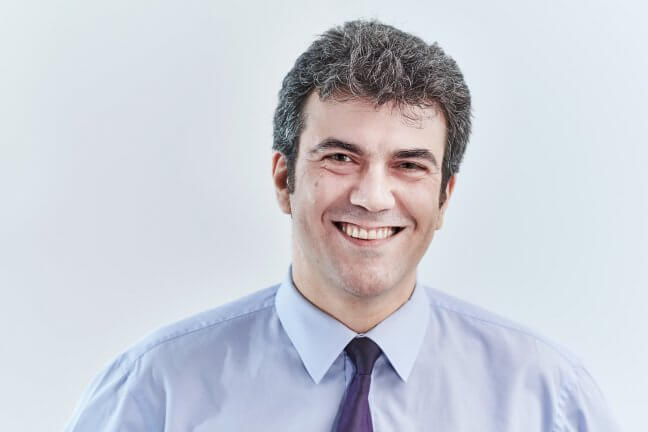Dr Paschos talks to Sheerluxe about The Difference Between Stress and Anxiety
Dr Paschos comments: “There are many similarities between the psychical symptoms of stress and anxiety. For example, rapid heart rate, muscle tension and headaches. Both can also manifest in similar ways. For instance, irritability, broken sleep, exhaustion and difficulty in focusing. They can also interlink, with stress causing anxiety and anxiety causing stress. However, there are key distinctions between the two.”
What is stress?
It takes two to get stressed: the person under threat and the stressor (the person/situation causing the stress). The list of causes is ever-increasing within our changing society. Social media, work emails, always being contactable and technology are just a few of the examples. They differ enormously to the stresses that our ancestors encountered.
Whilst we all may desire a stress-free life, the biological ability to become stressed has been a hugely important advantage for survival. Had our ancestors remained serene at the sight of an approaching lion, they wouldn’t have been around for long.
Learning to deal with stress is unique to each individual, as are the coping mechanisms. For stress to be appropriately addressed and managed, the source of stress must be identified in the first instance to effectively combat it.
What is Anxiety?
Dr Paschos insists that it is very normal for people to experience anxiety- the first day of school, starting a new job, competing in an event or going for an interview are just a few examples of regular, normal anxiety we face. This anxiety quickly disappears after the event.
However, some people experience persistent anxiety with extreme nervousness or worry that can manifest in different, often extreme ways.
These psychological symptoms of anxiety can include thoughts that the person is going to die, lose control, be physical sick or faint. The physical symptoms can be deliberating and may include breathlessness or difficult breathing, tingling in the hands and feet, dizziness, nausea, hot flushes, shaking and perspiration, among many more.
The difference between stress and anxiety:
Stress differs from anxiety as it arises in relation to a particular stressor, whether that be work, finances or relationships. If you remove the stressor, then the stress will also go. For example, if a bad boss resigns. This isn’t the case with anxiety as the symptoms can persist and sometimes the stressor isn’t identifiable.
There are many different types of anxiety conditions. They include: obsessive-compulsive disorder (OCD), body dysmorphia, claustrophobia, fear of flying, post-traumatic stress disorder (PTSD), separation anxiety, social anxiety and phobias, to name but a few.
Unfortunately, we aren’t all going to win the lottery or be rid of the bad boss. Therefore, it’s important to seek help when needed. If stress or anxiety significantly impact your quality of life, you should speak to a medical professional.
 Visit our UK website
Visit our UK website



